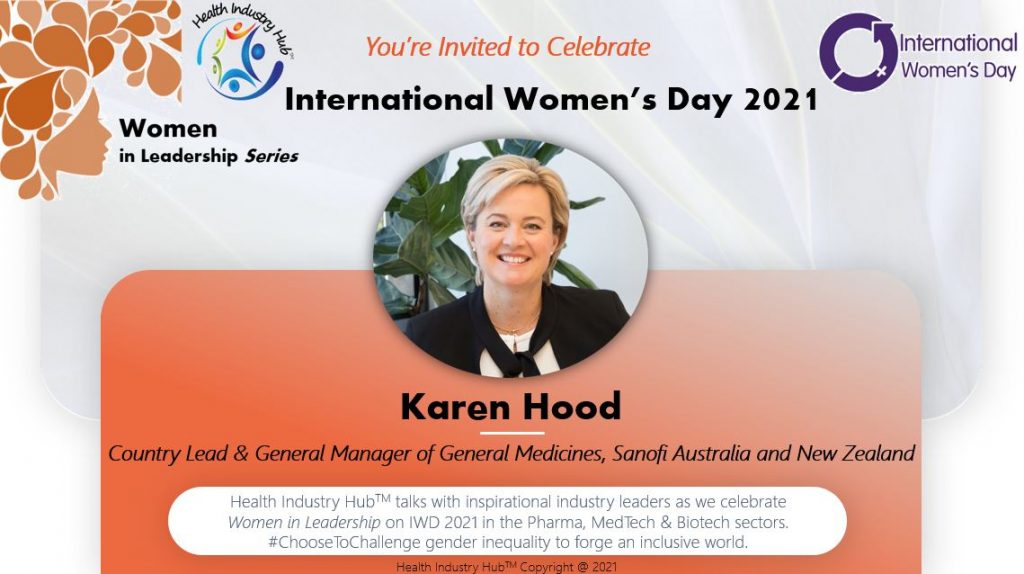News & Trends - Pharmaceuticals
TGA approves Astellas’ drug for metastatic hormone-sensitive prostate cancer

Pharma News: Astellas Pharma announced the Therapeutic Goods Administration (TGA) approval of its oral once-daily therapy for patients with metastatic hormone-sensitive prostate cancer (mHSPC), XTANDI (enzalutamide).
In 2020, the Australian Institute of Health and Welfare estimated that in 16,741 men were diagnosed with prostate cancer. Up to one third of patients with prostate cancer will develop metastases at some point over their disease course.
Associate Professor Arun Azad, a medical oncologist from Peter MacCallum Cancer Centre, an investigator on the ARCHES clinical trial and a member of Australian New Zealand Urogenital and Prostate Cancer Trials Group (ANZUP) said, “new treatment options are very welcome for this group of patients.”

“For many decades we had limited treatment options for men who have a cancer that has spread beyond the prostate but is still sensitive to hormone therapy. Androgen deprivation therapy was the mainstay, but the development of treatment resistance is inevitable and, in some cases, very quick. Now we are seeing additional effective oral medications being approved for these patients and that really is excellent news.”
“It’s especially pleasing to see that the approval was in part based on new research from the phase 3 ENZAMET clinical trial, sponsored by ANZUP and led by Professor Ian Davis and Professor Chris Sweeney. The ENZAMET and ARCHES trials both demonstrated the effectiveness of enzalutamide in men with metastatic hormone-sensitive prostate cancer and provide evidence of the benefit of adding enzalutamide to androgen deprivation therapy in these patients,” said Associate Professor Azad.
Men diagnosed with metastatic hormone-sensitive prostate cancer tend to have a poor prognosis, with a median survival of approximately 3–4 years. This underscores the need for new treatment options.
Prostate Cancer Foundation of Australia CEO, Professor Jeff Dunn AO, welcomed the TGA’s approval stating, “This is a great step forward for Australian men and families impacted by prostate cancer and we commend Astellas and the TGA for responding to the evidence.”
“We are excited to be adding another indication for enzalutamide and hope that this will make a meaningful difference to Australian men with metastatic hormone-sensitive prostate cancer,” said Lizzie Marett, Managing Director of Astellas.
XTANDI is not currently reimbursed under the Pharmaceutical Benefits Scheme (PBS) for mHSPC. In support of patient access and associated out-of-pocket costs, Astellas will make XTANDI available for this indication via a patient access program for patients that qualify for the program.
Astellas also recently announced European Medicines Agency’s (EMA) positive opinion recommending the additional indication for XTANDI in mHSPC. If approved by the European Commission (EC), XTANDI will be the only oral treatment approved by the EC to treat three distinct types of advanced prostate cancer — non-metastatic and metastatic castration-resistant prostate cancer (CRPC) and mHSPC.
News & Trends - MedTech & Diagnostics

AI-assisted colonoscopy boosts polyp and adenoma detection
MedTech & Diagnostics News: In a standard colonoscopy, as many as one-third of colorectal polyps and adenomas can go by […]
MoreNews & Trends - Pharmaceuticals

‘Every day of delay is costing Australian lives’, says Rare Cancers Australia CEO
Pharma News: Rare Cancers Australia (RCA) has voiced its disappointment alongside the pharmaceutical industry following the Pharmaceutical Benefits Advisory Committee’s […]
MoreNews & Trends - Pharmaceuticals

Government’s silence on Senate report leaves cancer patients in limbo
Pharma News: NeuroEndocrine Cancer Australia has urged the government to respond to the Senate report on equitable access to diagnosis […]
More